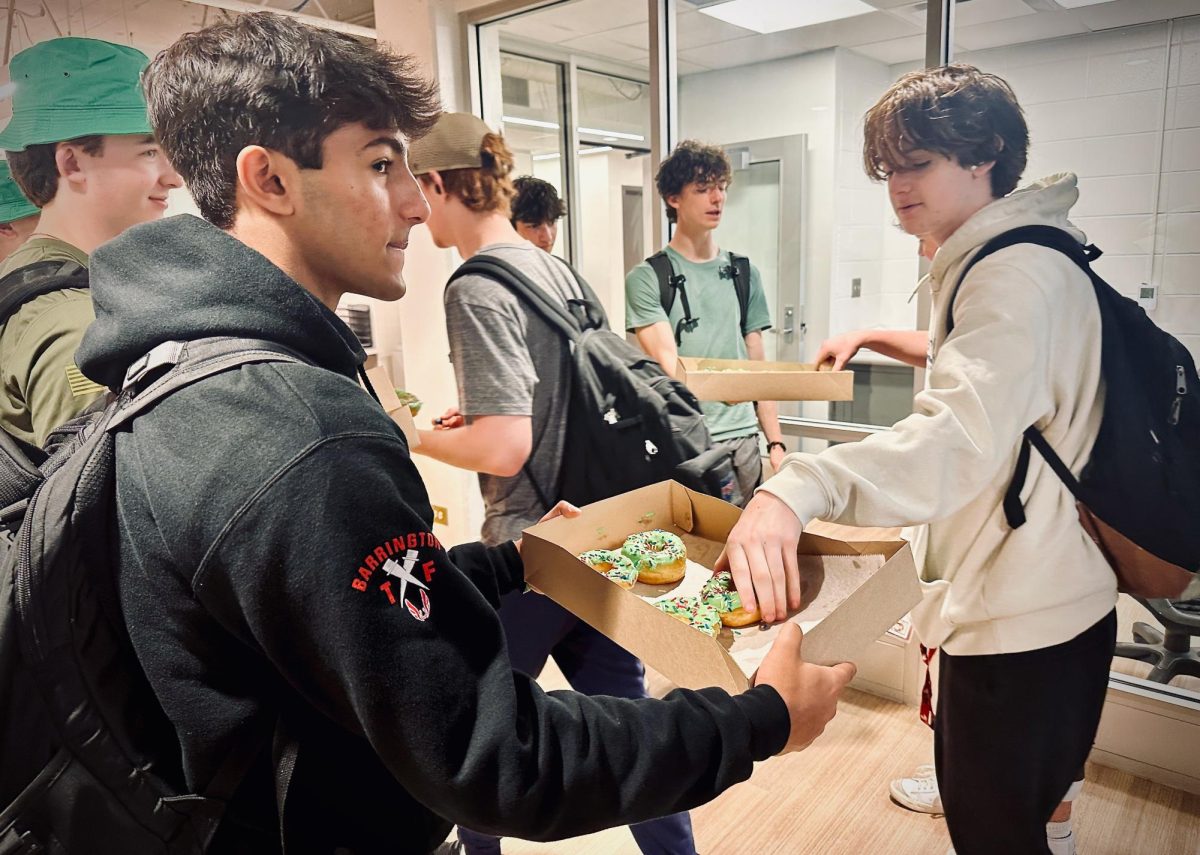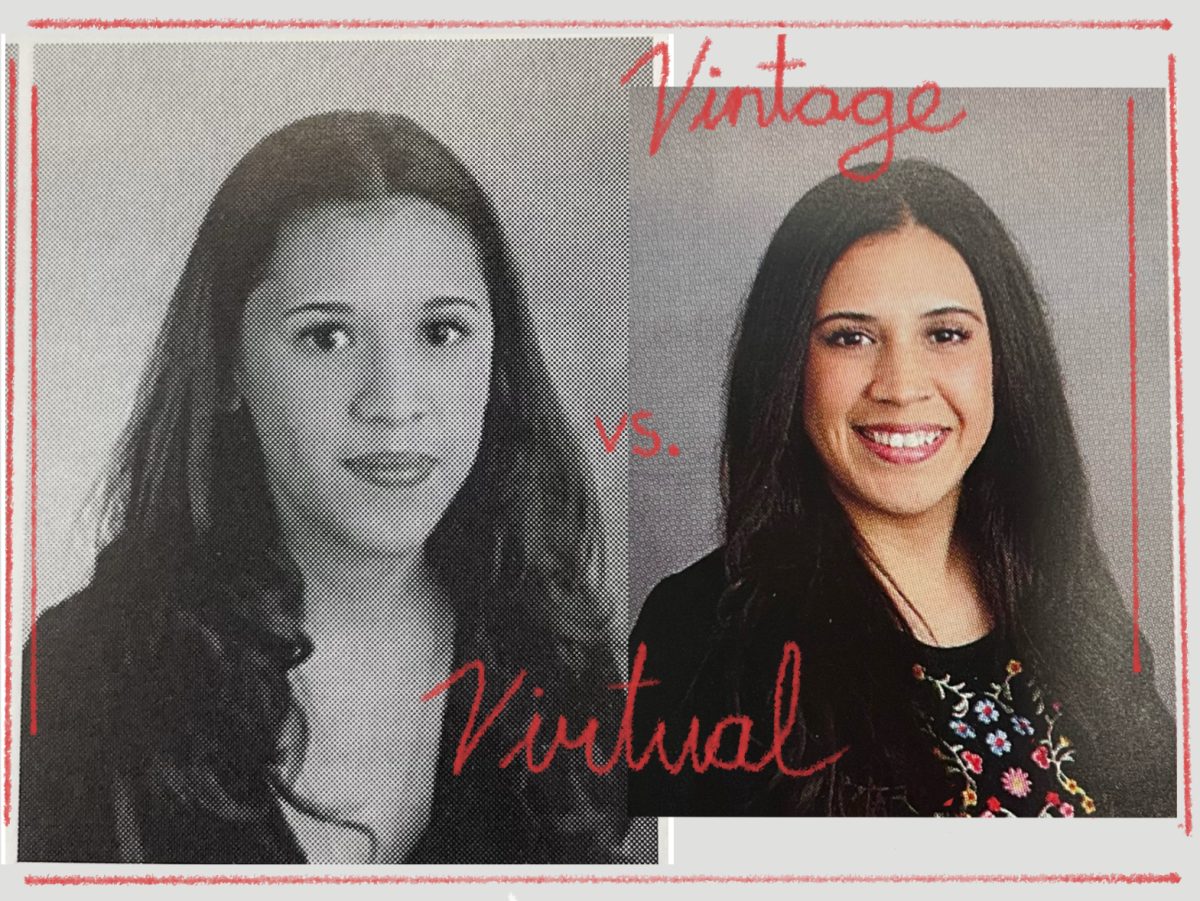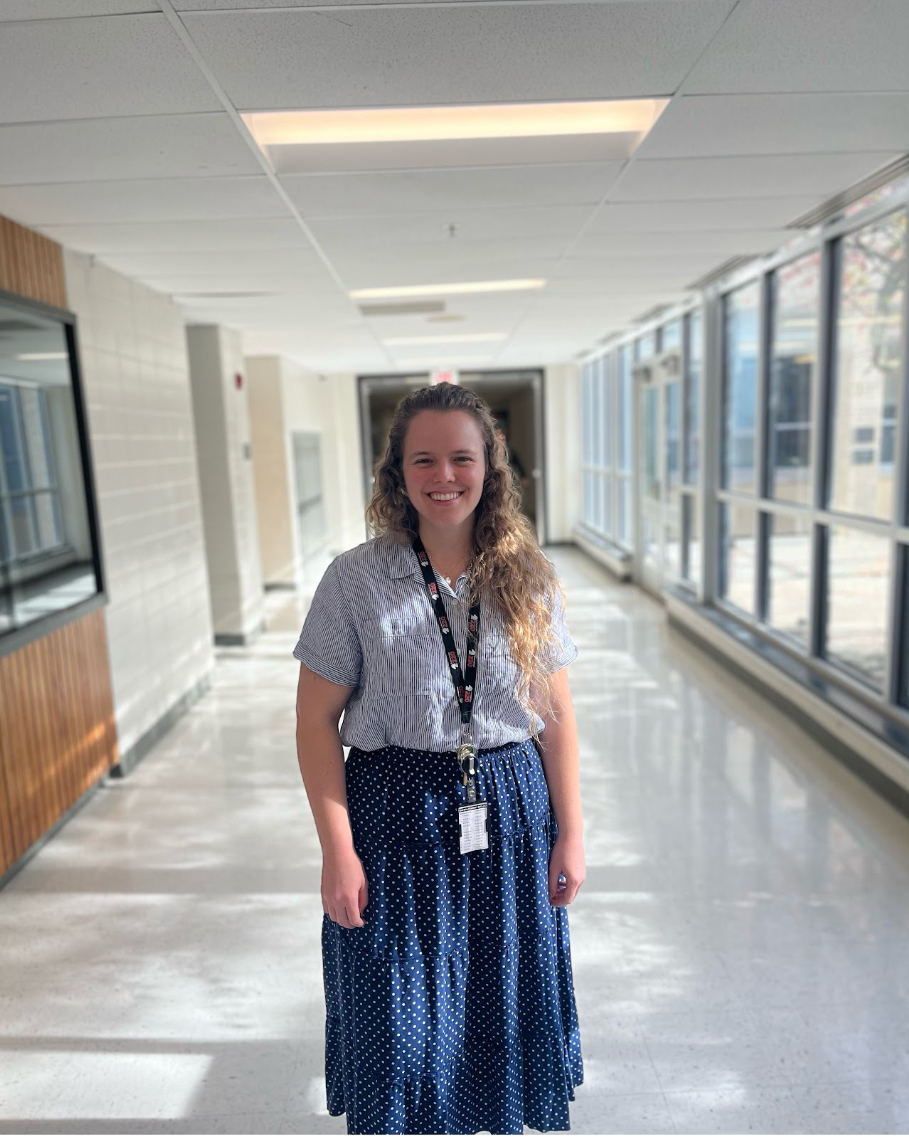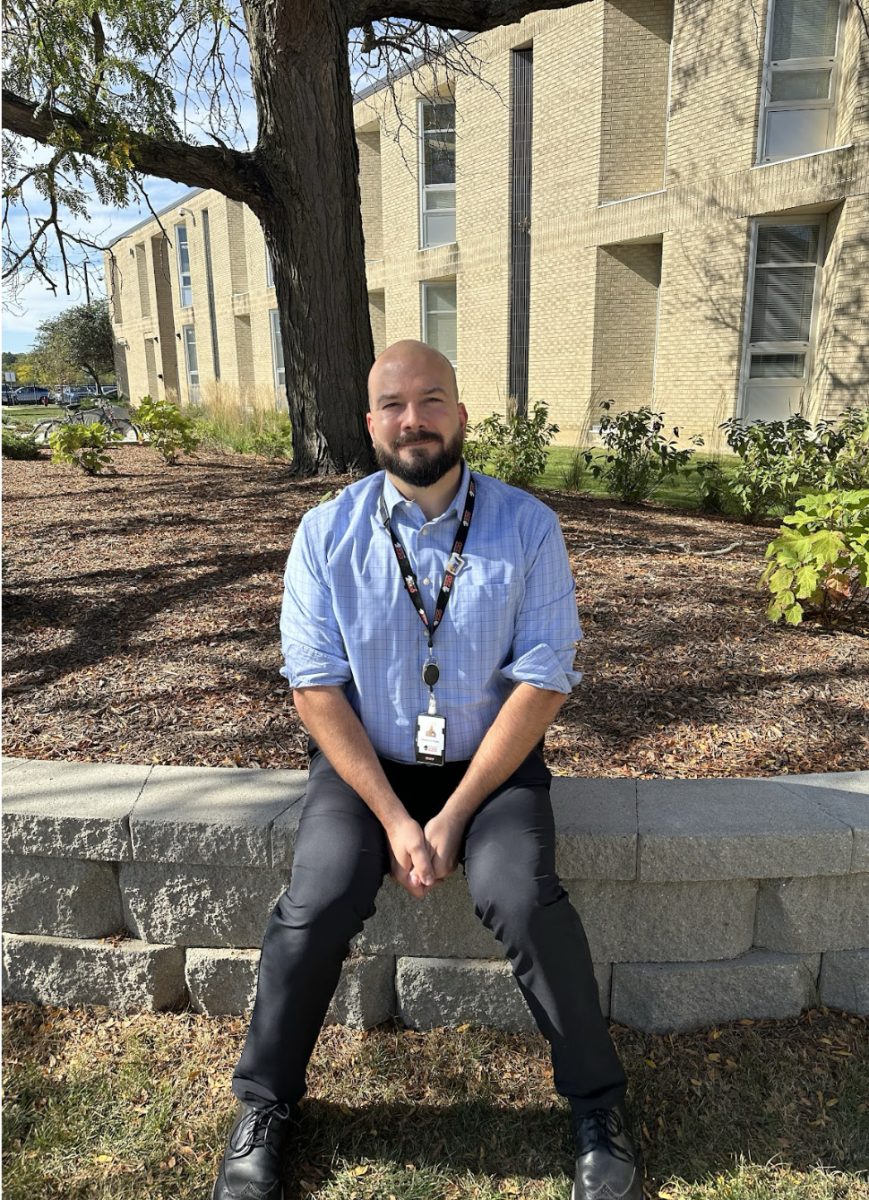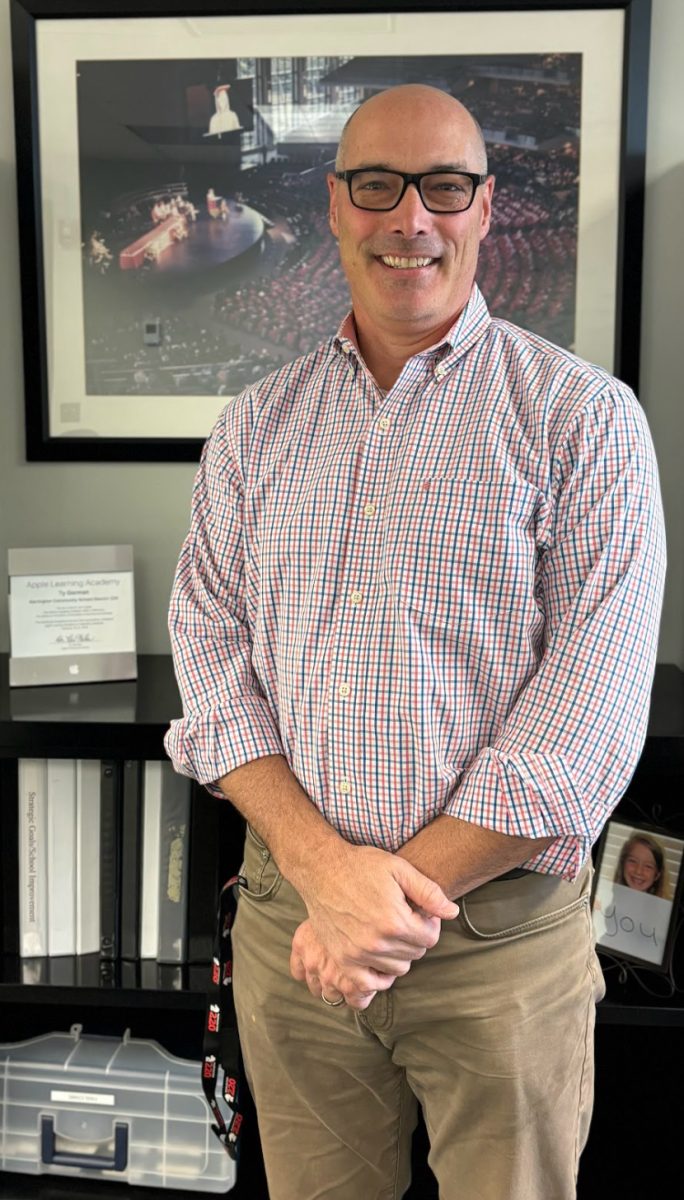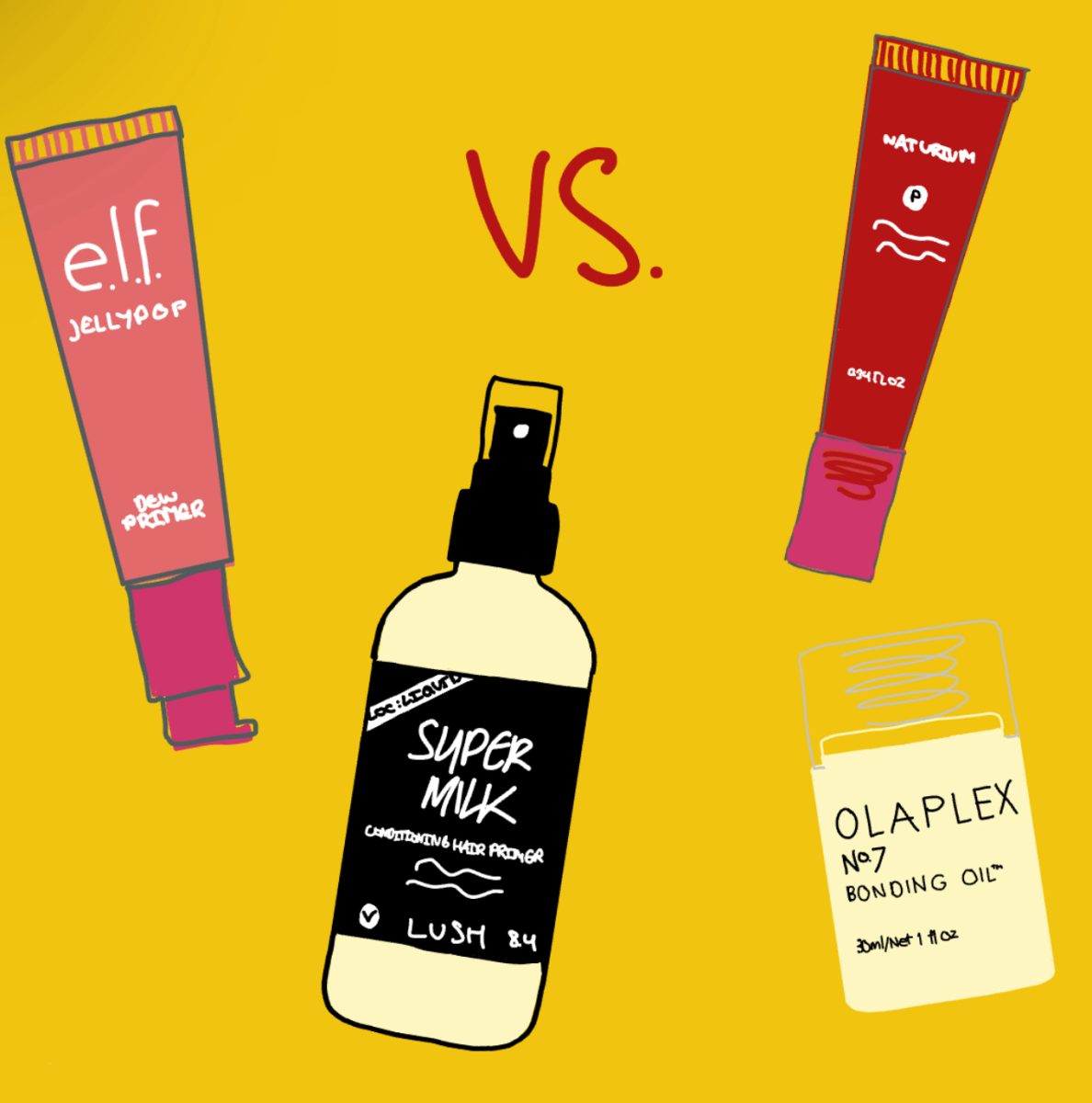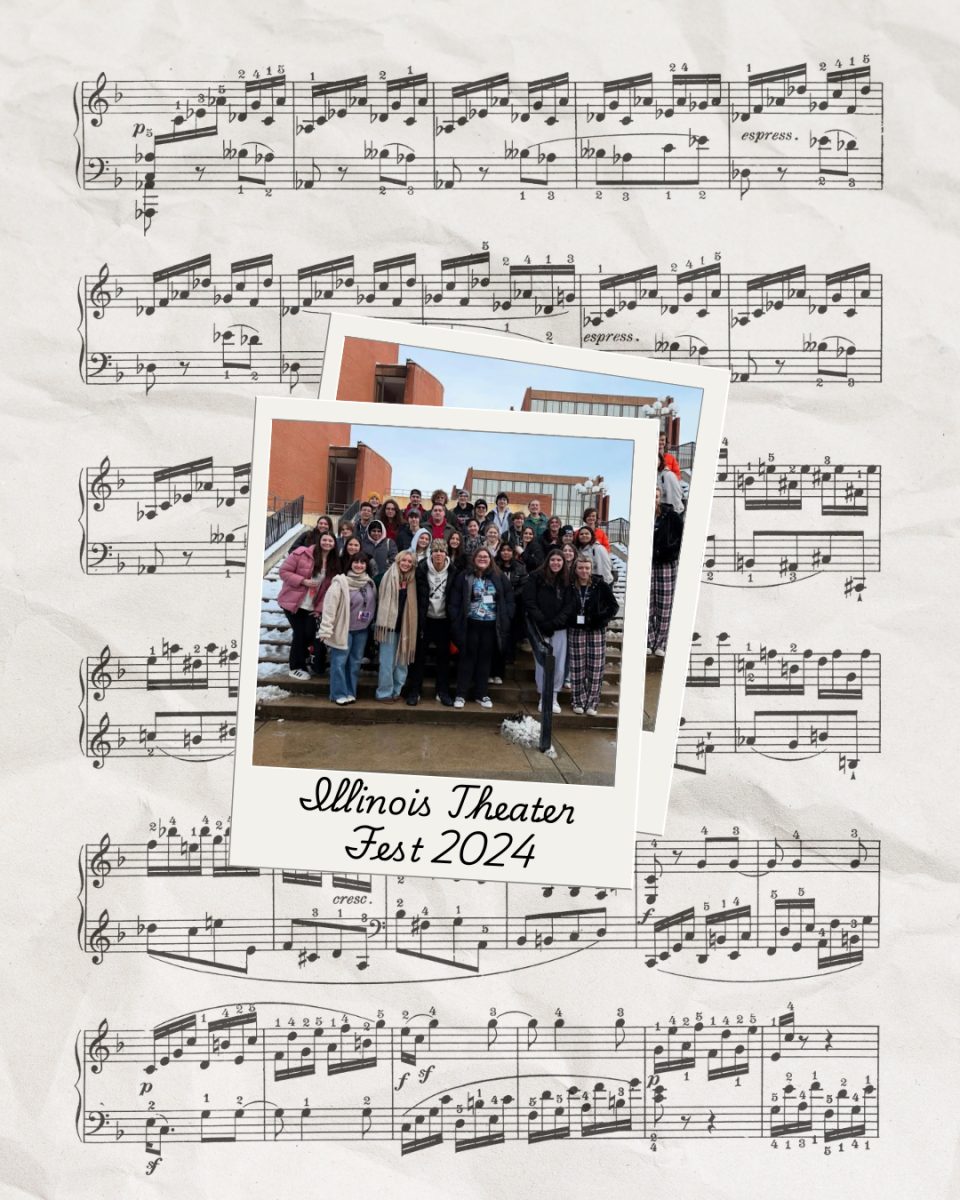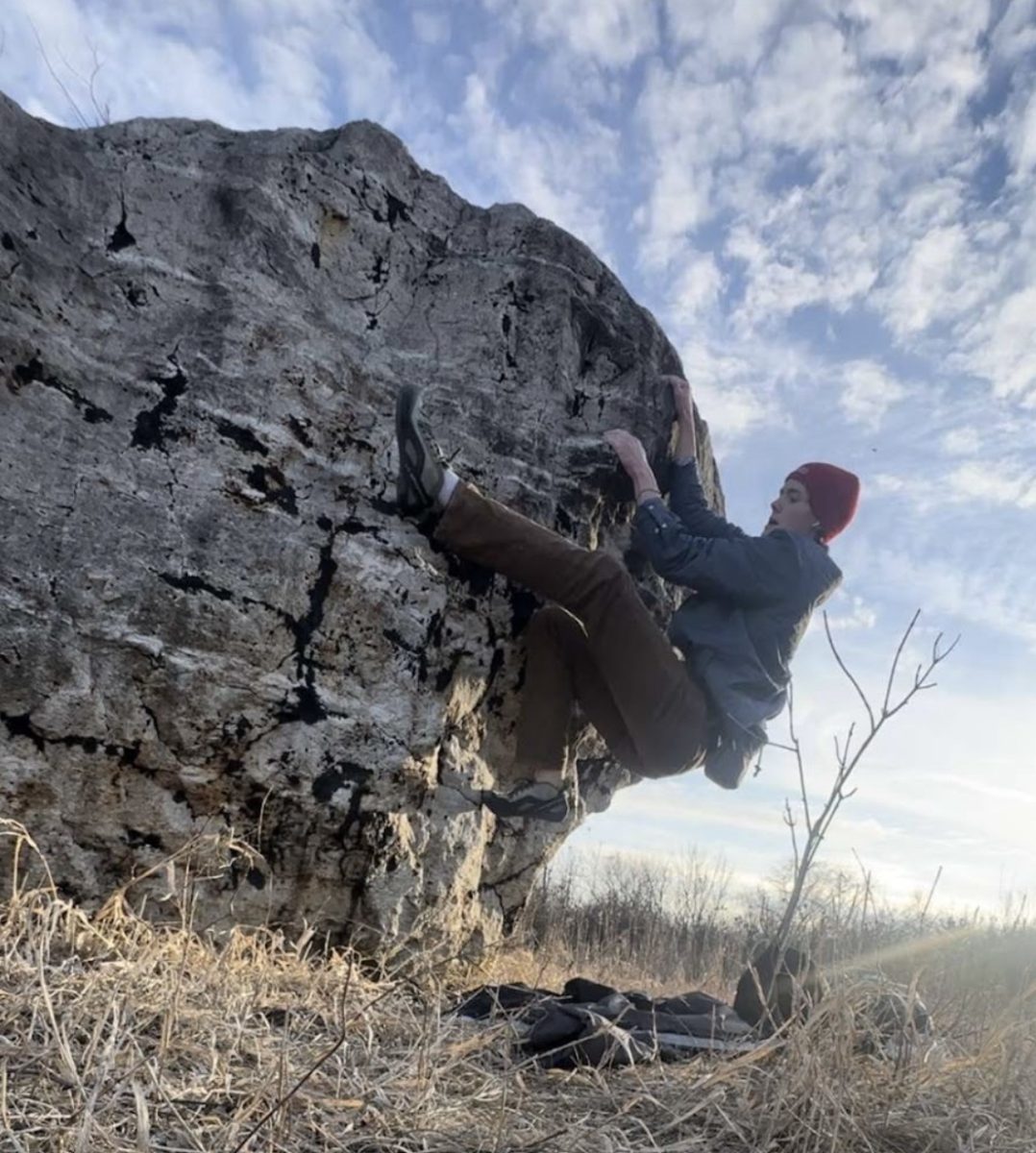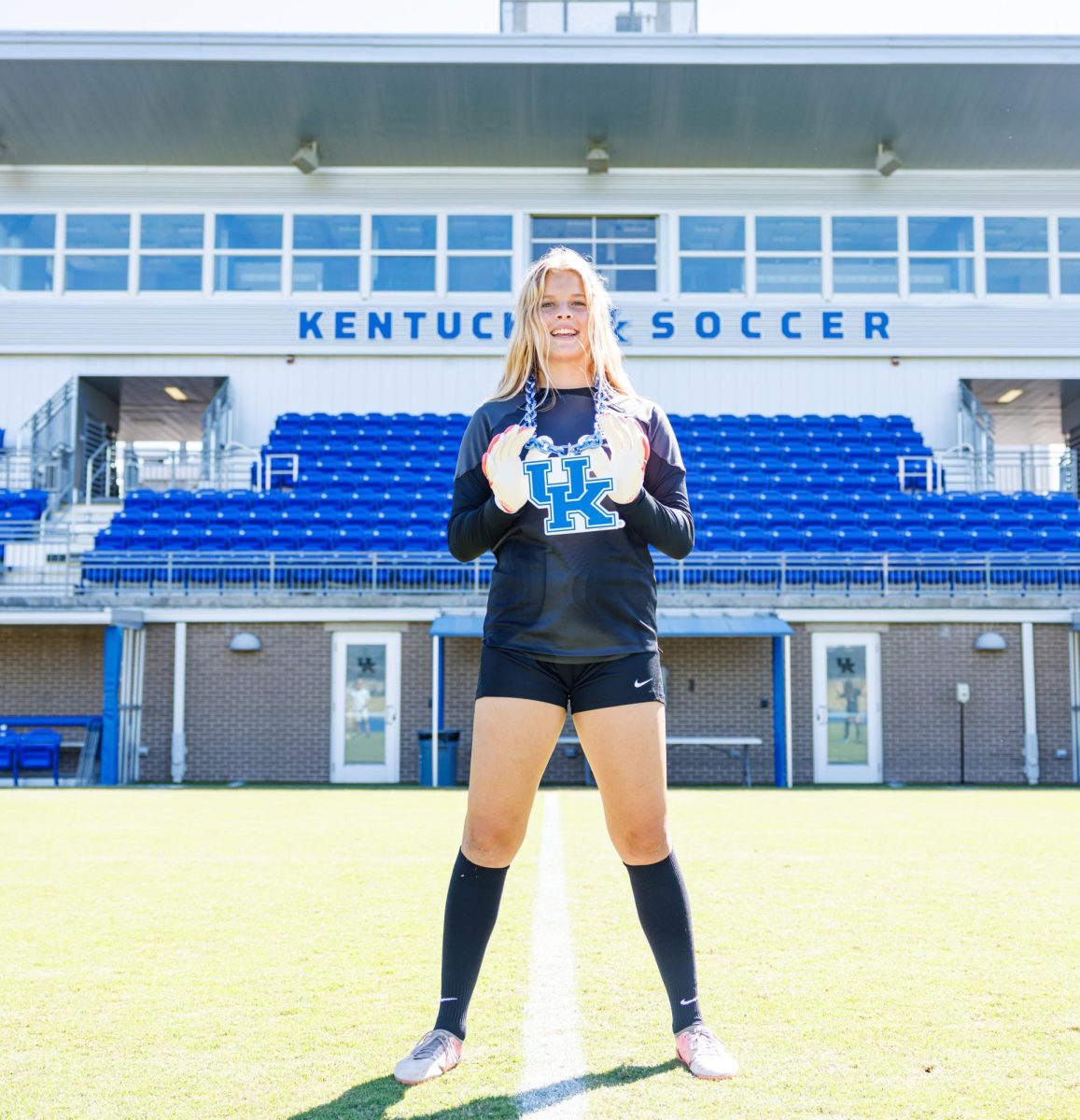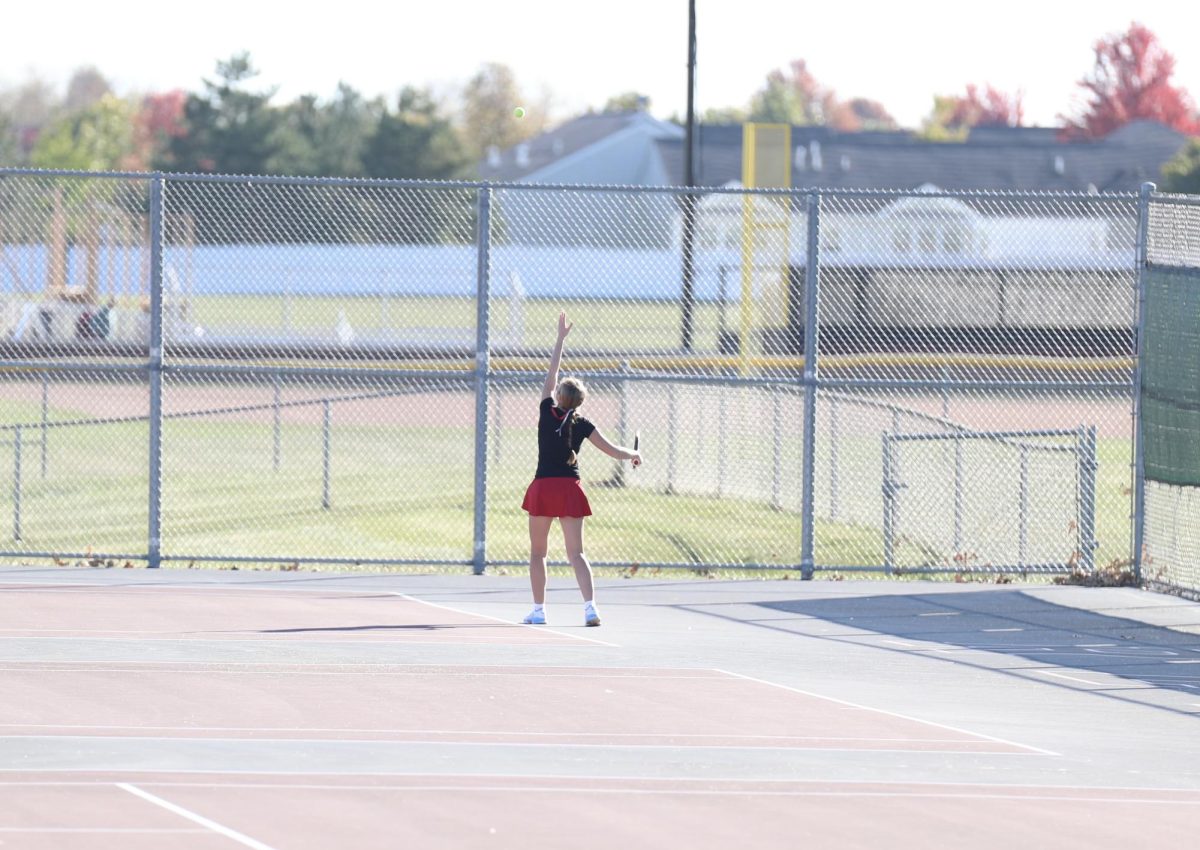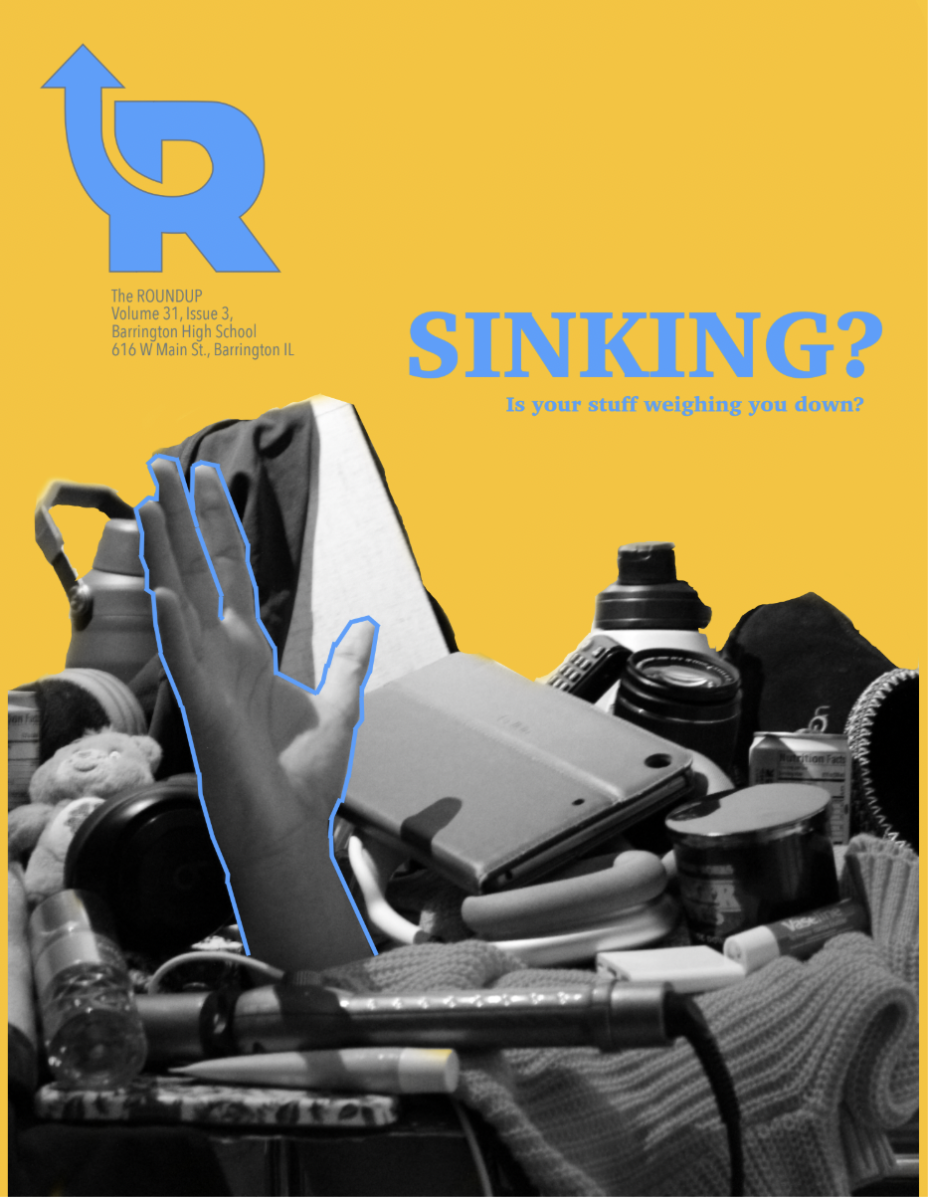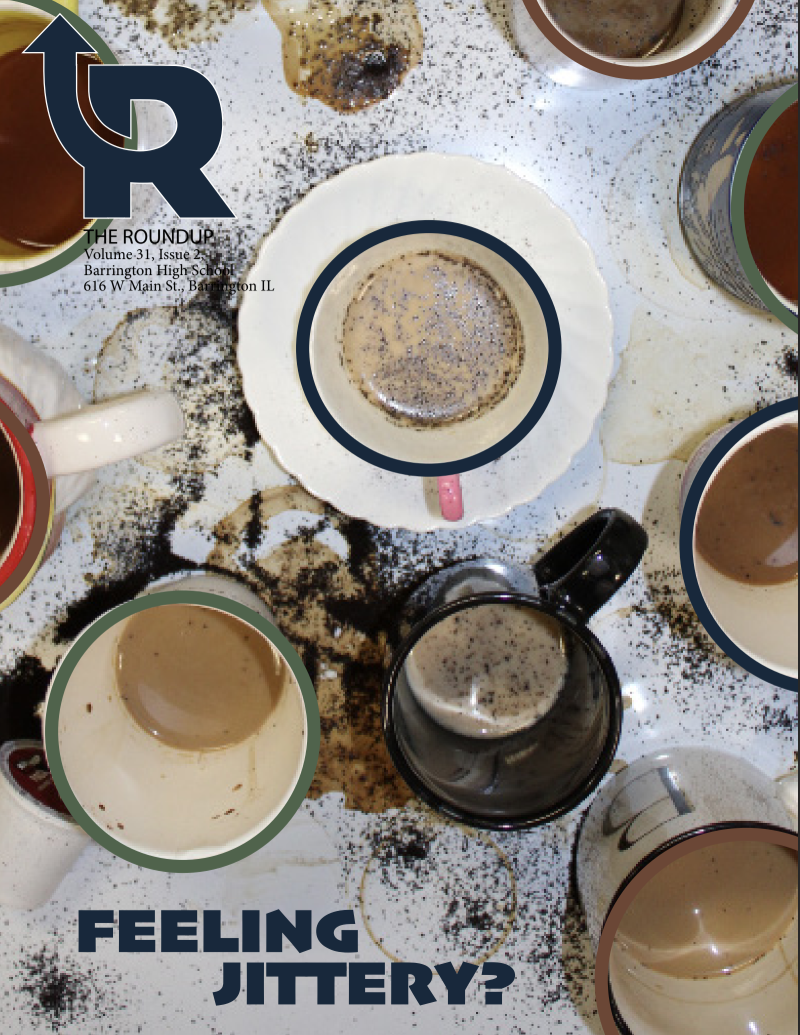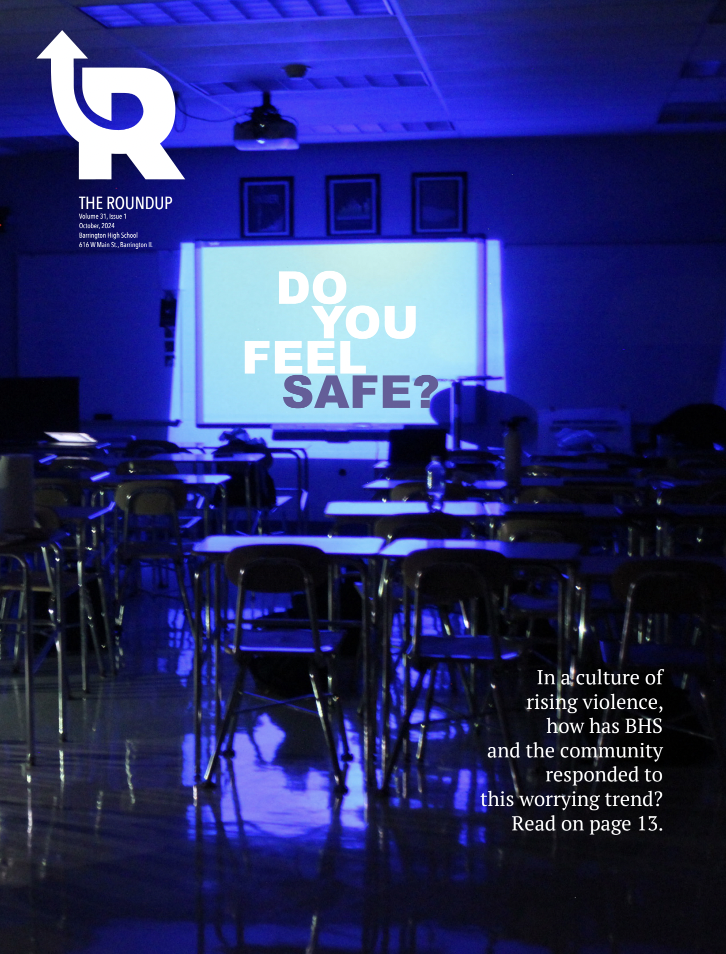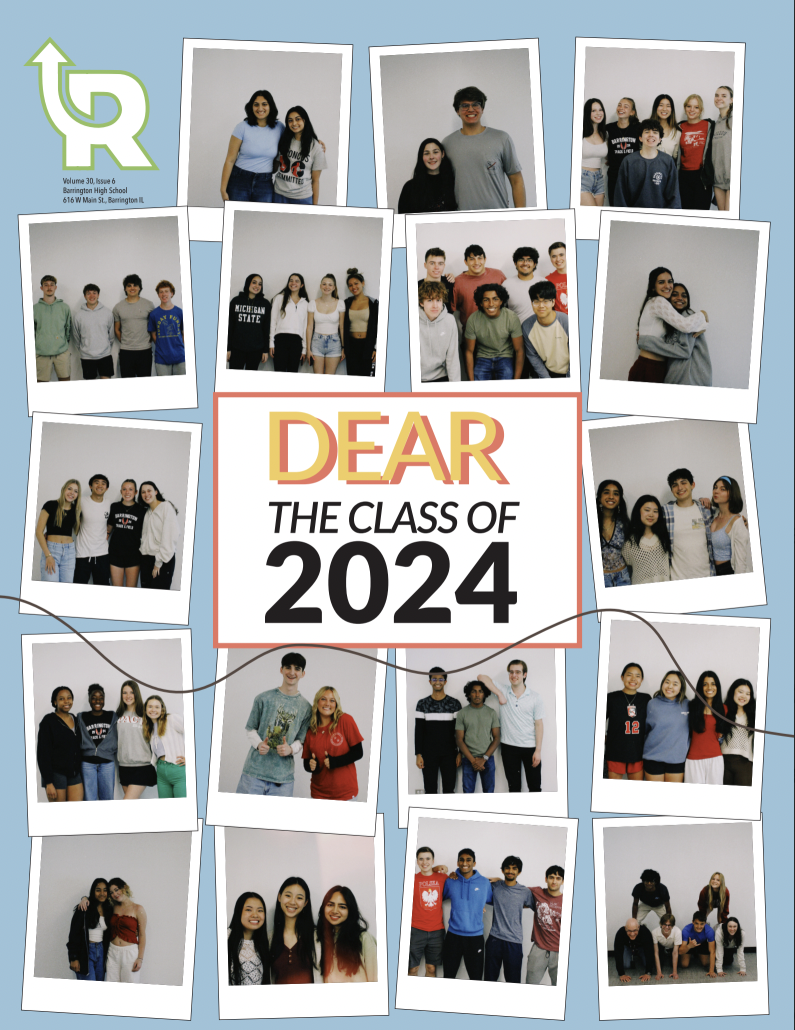You’re walking down the hallway, on your way to your next class. Up ahead, a couple is pushed up against the lockers, oblivious to the flow of students around them. You try to look away, but it’s hard not to notice. The uncomfortable moment is over quickly, but raises the question: what crosses the line with public displays of affection (PDA) in school?
Unfortunately, I’m familiar with this kind of scenario. Averting your eyes and dodging the honeymooners gets old after a while, especially when it becomes a daily occurrence on your walk to class.
To put it simply, the school environment shouldn’t allow for more intense PDA activities. After all, this is where students are preparing themselves for their academic and professional futures. Behaving appropriately in public settings is part of this growth. In most workplaces, it’s expected that public displays of affection are limited to maintain decorum. You (hopefully) wouldn’t engage in this kind of behavior around your boss, and I think the same mentality needs to be applied here. Setting boundaries for PDA in school helps prepare students for these real-world expectations, encouraging a sense of social awareness and respect.
As for the boundaries themselves, I’m not suggesting that couples avoid showing affection altogether. Small gestures like holding hands, quick hugs or a brief kiss on the cheek are totally acceptable. However, prolonged kissing, sitting on each other’s laps, or overtly intimate behaviors cross the line.
These standards aren’t restrictions, but rather a way to maintain a comfortable environment for everyone. For couples, private moments to express their feelings should hold greater significance than public displays anyway. And for everybody else, boundaries ensure they can focus on their studies or enjoy their day without unnecessary distractions.
In the end, it’s simple: show affection in a way that respects others. Save the intense moments for private settings, and keep school a comfortable space for everyone. To put it bluntly, get a room, preferably off-campus.

